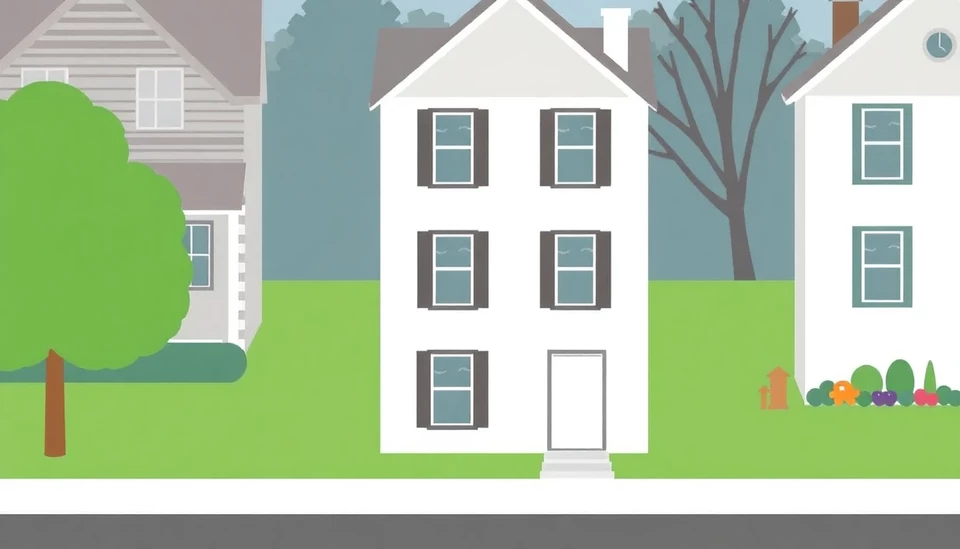
As the United States grapples with an ongoing housing shortage, former President Donald Trump's new policy proposals threaten to complicate the situation further. Advocates and experts in affordable housing are voicing concerns that these policies could exacerbate an already critical lack of available homes across the nation.
The proposal, which focuses on deregulation and tax incentives aimed at increasing home-building activity, comes at a time when housing supply is at an all-time low, leaving many families and individuals facing steep housing costs and limited options. While the plan's advocates argue that reducing regulatory burdens will spur development, critics warn that these measures could lead to further complications and gaps in the housing market.
Current data shows the U.S. is facing a shortfall of nearly four million homes, a situation that has severely restricted choices for potential homebuyers and renters alike. This shortage has driven prices up, making home ownership unattainable for many. According to housing analysts, Trump's proposed policies could inadvertently lead to even less affordable housing by allowing developers to prioritize higher-end projects.
The crux of the concern lies in the potential for deregulation to override local zoning laws that are designed to maintain community standards and prevent overdevelopment. Without these protective measures, critics argue that developers may focus solely on profitability rather than addressing the pressing need for affordable options. As a result, the housing market might skew even more toward luxury developments that cater to wealthier buyers, further marginalizing low- and middle-income families.
Additionally, the proposed tax incentives raise questions about their efficacy. While financial incentives could theoretically motivate developers to enter the housing market, they also risk encouraging states to decrease funding for affordable housing initiatives. This, in turn, could lead to a situation where government support for low-income housing dwindles, leaving vulnerable communities without essential resources.
Housing experts assert that it's crucial for any new policies to strike a balance between stimulating housing development and ensuring access to affordable housing. The current administration is confronted with the challenge of navigating these competing interests while simultaneously addressing the reality of a growing homelessness crisis exacerbated by high rents and stagnant wages.
As public discourse continues around Trump's housing proposals, the implications are clear: careful consideration is needed to avoid further entrenching the housing shortage. The impact of deregulation on the housing market has the potential to reshape America's urban landscapes and affect millions of families seeking stable housing in an already tumultuous economic climate.
In a time when homeownership is being prioritized as a cornerstone of the American dream, it's more vital than ever for policymakers to address the realities of housing accessibility, sustainability, and affordability. With Trump's policies looming, the culmination of regulatory changes will play a pivotal role in determining the future of housing in the United States.
#TrumpHousing #HousingCrisis #AffordableHousing #RealEstatePolitics #DeregulationDebate #Homeownership #HousingShortage #UrbanDevelopment
Author: Daniel Foster




